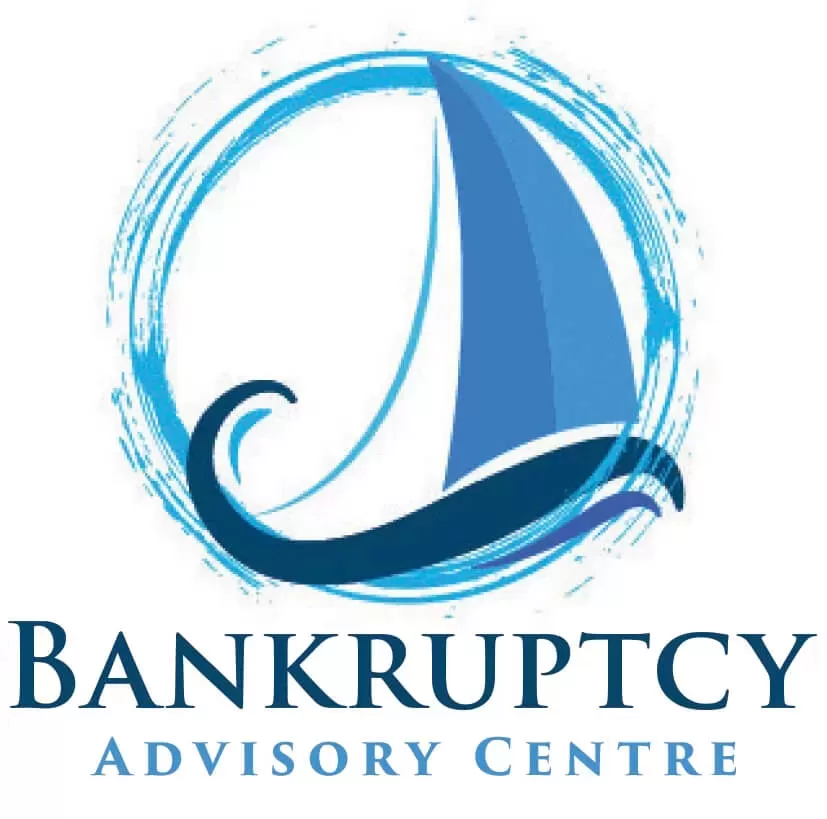Surviving Bankruptcy in Australia
The Bankruptcy process certainly feels like you have hit rock bottom in your finances. While it does help you get rid of your debt, the bankruptcy stays on the discharged bankrupts list and credit reports for a few years. However, it is also a chance to start with a clean slate.
 Suppose you’re seeking bankruptcy advice in Sydney, Melbourne, Brisbane, Perth or anywhere around Australia. In that case, you can improve your situation and be in control from the beginning, as there are various ways of surviving bankruptcy. We can help you make informed choices before selecting your best options.
Suppose you’re seeking bankruptcy advice in Sydney, Melbourne, Brisbane, Perth or anywhere around Australia. In that case, you can improve your situation and be in control from the beginning, as there are various ways of surviving bankruptcy. We can help you make informed choices before selecting your best options.
Life After a Bankruptcy Discharge
A common question is: How long do bankruptcies last? In Australia, the discharge from bankruptcy automatically occurs three years and one day after the bankruptcy is accepted by the Australian Financial Security Authority (AFSA). However, in some cases, your trustee might extend this period.
Whether you get discharged within the stated period or it takes a bit longer, you must be more vigilant with your finances to avoid further problems. Here are a few things to keep in mind:
- A discharge from bankruptcy wouldn’t get your assets and belongings back, even if they weren’t sold.
- After receiving a bankruptcy discharge, any new assets you acquire remain in your name and are not subject to trustee claims.
- Maintaining a home and job is crucial after bankruptcy discharge. To improve your credit score and show future creditors that you are financially reliable.
- When you declare bankruptcy, your details appear in various public records, and most of them get automatically removed after bankruptcy discharge at a specific time. However, you might need to get certain public records changed, including sending confirmation to all credit reference agencies, to get your file updated.
Things to Monitor After Surviving Bankruptcy
If you want to know more about what happens when you declare bankruptcy. Once your bankruptcy ends, we recommend monitoring the following areas to ensure that everything is accurate. This will ensure that you don’t have any future knock-on effects from your bankruptcy.
Credit Reports
Remember to monitor your credit score and credit report after bankruptcy constantly. Maintaining a good credit score can dramatically reduce the cost of future borrowing. Ensure that your credit report stays accurate, as this will allow lenders to make appropriate decisions about extending you a line of credit.
Bank Balance
To improve your financial situation and credit rating over time, monitoring and maintaining a savings or daily bank account with some steady income and a minimum balance is essential. Avoid going into an overdraft or paying any bank fees for returned payments.
Bills
Payments are one of the main things that affect your credit score. Make sure to pay your bills on time. It also helps avoid future mistakes, like paying late and getting late payment charges. Be sure to keep an eye on your spending and be mindful of your expenses.
Things to Avoid After Bankruptcy
When trying to survive bankruptcy, it is also essential to stay clear of a few things, including:
Taking New Credit
It is best not to apply for any new credit unless you are confident you can pay it off on time. You won’t get into financial trouble again by keeping clear of new credit arrangements, no matter how tempting they appear. We would advise staying away from applying for credit in the first place unless it is essential.
Using Credit Cards
This is the most significant risk of resuming your poor financial habits. Avoid using credit cards altogether, or at least restrict yourself from overusing them, and make sure to repay them as soon as possible and on time.
Budgeting After Bankruptcy
Without learning how to create a budget and stick to it properly, surviving bankruptcy can’t be done. Without budgeting after a bankruptcy, you might start facing similar financial problems. Here are a few tips for creating a budget:
- Determine how much you earn every month or week
- Calculate your weekly or monthly expenses, including rent, electricity bills, groceries, etc.
- Set aside the amount saved after spending on monthly expenses and transfer a certain percentage to your emergency or savings account.
- Identify areas where you are overspending.
- Determine ways you can cut back on expenses by selecting less expensive options.
How to Recover After Bankruptcy
The most crucial step to surviving bankruptcy is proper recovery. It is certainly possible to recover after bankruptcy by making specific changes in your life. Here are a few tips to help you out:
- Start keeping track of your expenses and income
- Stick to the budget you have created
- Go for “cash-only” options for a certain amount of time
- Pay all your bills on time as a priority
- Find ways to improve your credit score
- Use a secured credit card if you have to
- Be sure to monitor your credit regularly
These changes will control your financial situation and help you survive and come out of bankruptcy stronger.
Need more information about bankruptcy? Contact Us.
“Bankruptcy can be intimidating, but it is also a fresh beginning. It is a chance for you to be more in control of your finances. Take this as an opportunity to grow, learn from your experience, and make wiser and more informed financial decisions. We can help and guide you every step and ensure the best results for you now and in the future.”
Andrew Bell Bankruptcy Advisor
If you seek advice on Bankruptcy Law Changes and procedural guidance in Perth, Brisbane, Melbourne, Sydney or anywhere around Australia. We can help you make informed choices before selecting your best options. Get a complimentary first consultation by calling 1300 887 210. We can help you with questions about bankruptcy laws in Australia.
Our fees start from $850, offering you exceptional value for our professional services. Contact us now to speak with one of our experienced bankruptcy specialists, and let us help you get back on track with a fresh start.
Andrew Bell Insolvency Advisor
Let’s Talk
With over 30 years of experience in debt solutions and insolvency in Australia, Andrew can find a solution for you.
“Nothing is more satisfying to me than knowing that I’ve helped someone get back on their feet by guiding them through the Bankruptcy Process. Rest assured, you’re in good hands with me as we solve your financial problems together.”


